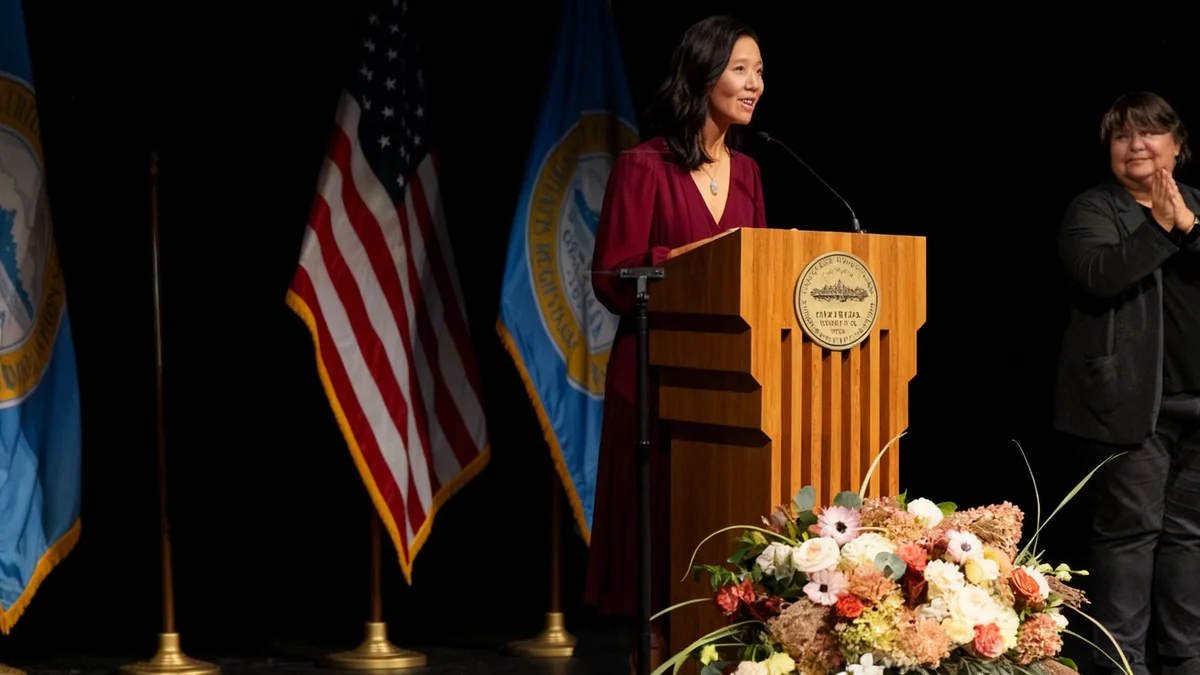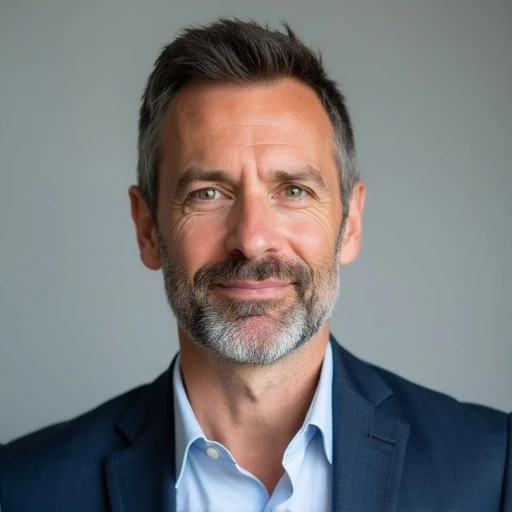Boston Mayor Michelle Wu has announced a major initiative to provide universal before- and after-school care, beginning with 20 designated “Community Hub Schools” across the city. The plan, unveiled during Boston's first-ever State of the Schools address on Tuesday, aims to support working families and enhance learning opportunities for all students.
Key Takeaways
- Boston is launching universal before- and after-school programs at 20 initial schools.
- The initiative addresses a gap where 17% of city schools currently offer no extended-day care.
- Mayor Wu outlined a new academic strategy emphasizing hands-on learning over rote memorization.
- Student participation in college-level and AP courses has seen significant growth since 2022.
- A new online portal will digitize the school registration process for the first time.
Expanding Support for Students and Families
During her address, Mayor Wu emphasized the practical needs of families, noting that the school day often does not align with a standard workday. The new extended-day programs are designed to provide a safe and enriching environment for students outside of normal school hours.
“We know the day doesn’t end at 3 p.m. for kids or working families, so we’re ensuring students have the opportunity to be challenged before and after the bell rings,” Wu stated.
The city is partnering with several community organizations to implement these new services. A key feature of the plan is its inclusivity; students who use state vouchers to attend schools outside their immediate community will be eligible for these programs, removing a barrier that previously limited their access to such care.
Addressing a System-Wide Gap
Currently, 17 percent of Boston schools do not offer any form of before- or after-school programming. In schools that do have these services, limited availability and eligibility restrictions often create difficulties for families. The new "Community Hub Schools" model is a direct response to these long-standing challenges.
While the programs aim for universality at the designated schools, fees for the care will vary from location to location. The initiative is a cornerstone of a broader, unified academic strategy for Boston Public Schools (BPS).
A New Vision for Classroom Learning
Mayor Wu also detailed a district-wide shift in educational philosophy. The new approach moves away from worksheets and memorization, instead prioritizing what she called the “heavy lifting” of education through hands-on projects and conceptual understanding.
“In the past, when some students struggled, too often the response was to lower expectations, to settle for easy wins instead of pushing every student to engage with rigorous, grade-level content,” Wu explained. “When we shelter students from challenge, we stunt growth. When we expect less, they deliver less.”
Introducing 'Wicked Math'
A tangible example of this new strategy is the “Wicked Math” program, which launched this school year. The program establishes advanced math teams and uniquely trains 11th- and 12th-grade students to tutor their younger peers, fostering a deeper engagement with the subject for all participants.
This focus on rigor appears to be yielding results in advanced coursework. The mayor highlighted significant gains in student participation in higher-level classes.
A Surge in Advanced Placement and College Courses
- More than 1,200 students are taking college-level courses this year. This is a substantial increase from 790 last year and just 179 in 2022.
- This year, 7,500 students took Advanced Placement (AP) exams.
- Boston has experienced a higher increase in students taking AP courses since 2019 than nearly any other city in the United States.
Progress Amid Persistent Challenges
The address balanced celebrating recent successes with an honest assessment of the hurdles that remain. Mayor Wu pointed out that BPS has climbed in state rankings, surpassing 28 other districts in the last three years after more than a decade in the bottom 10%.
However, like many districts statewide, Boston's standardized test scores have not yet fully recovered to their pre-pandemic levels. According to last month's Massachusetts Comprehensive Assessment System (MCAS) results, student performance remains below 2019 benchmarks.
Speaking after the event, Superintendent Mary Skipper acknowledged the data but pointed to positive trends. “We are definitely starting to see the acceleration that we are looking for,” Skipper said. “The mayor and I are very honed in on driving our academics as high as possible.”
Modernizing Infrastructure and Access
The district is also making what Wu described as “record investments” in school infrastructure. More major school construction projects have been initiated in the past four years than in the previous forty years combined. This effort is coupled with a difficult long-term facilities plan, developed in 2024, that involves merging or closing nearly 20 schools due to aging buildings and declining enrollment. Superintendent Skipper confirmed that updated recommendations will be presented to the School Committee next month.
In a move to improve accessibility for families, the mayor also announced a new online registration portal. For the first time, families will not be required to visit a BPS Welcome Center in person to register their children. The portal, available at greatstarts.boston, supports ten languages.
Looking to the Future
Mayor Wu concluded her address by affirming the city’s commitment to its public schools, framing their success as integral to Boston’s future, despite potential challenges from the federal government that could affect funding.
“We reject the idea that urban public schools are doomed to do less,” Wu declared. She acknowledged that difficult decisions lie ahead but expressed confidence in the city’s resilience.
“These next few years won’t be easy, but as we know, Boston doesn’t back down.” The address set a determined tone, outlining a comprehensive strategy aimed at both academic excellence and foundational support for the city's students and their families.





